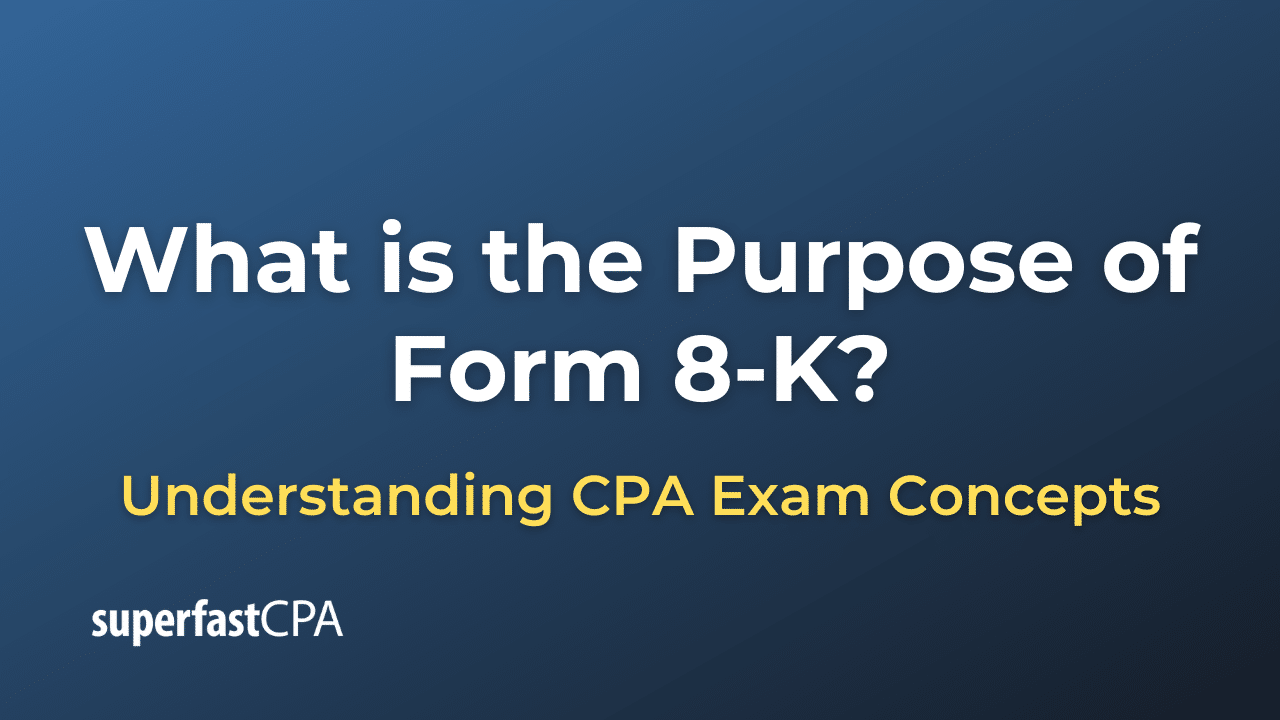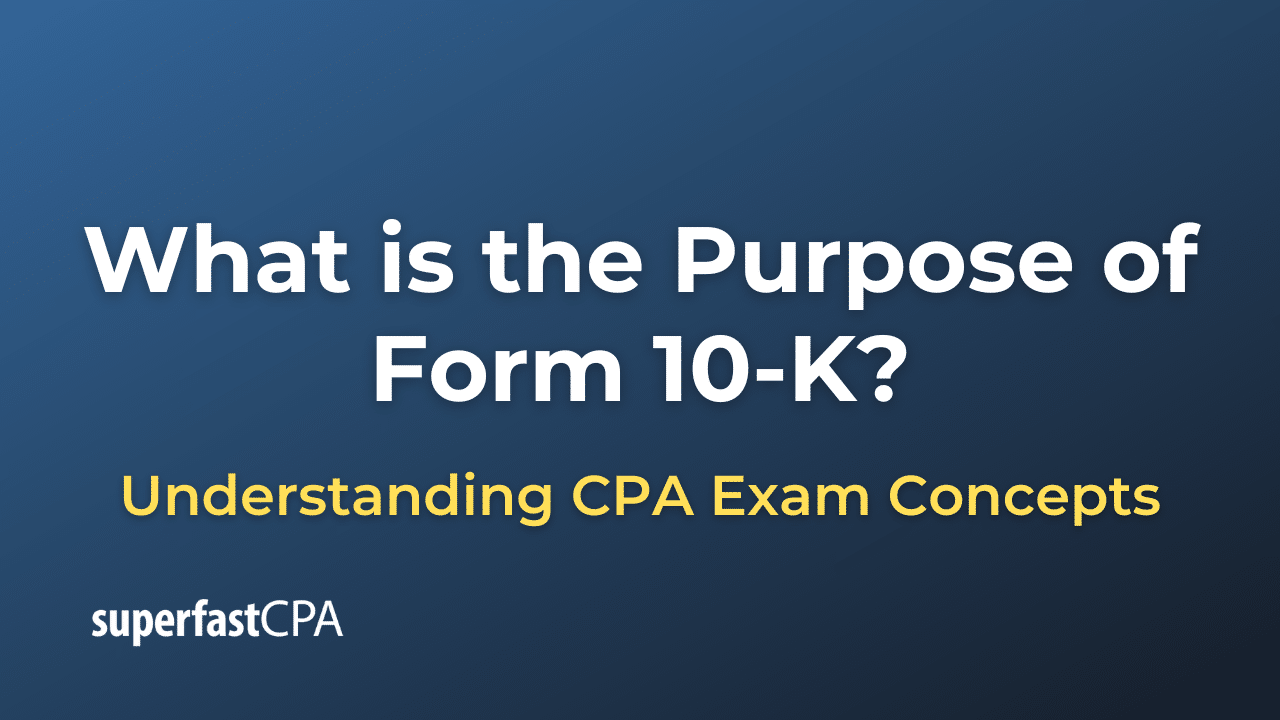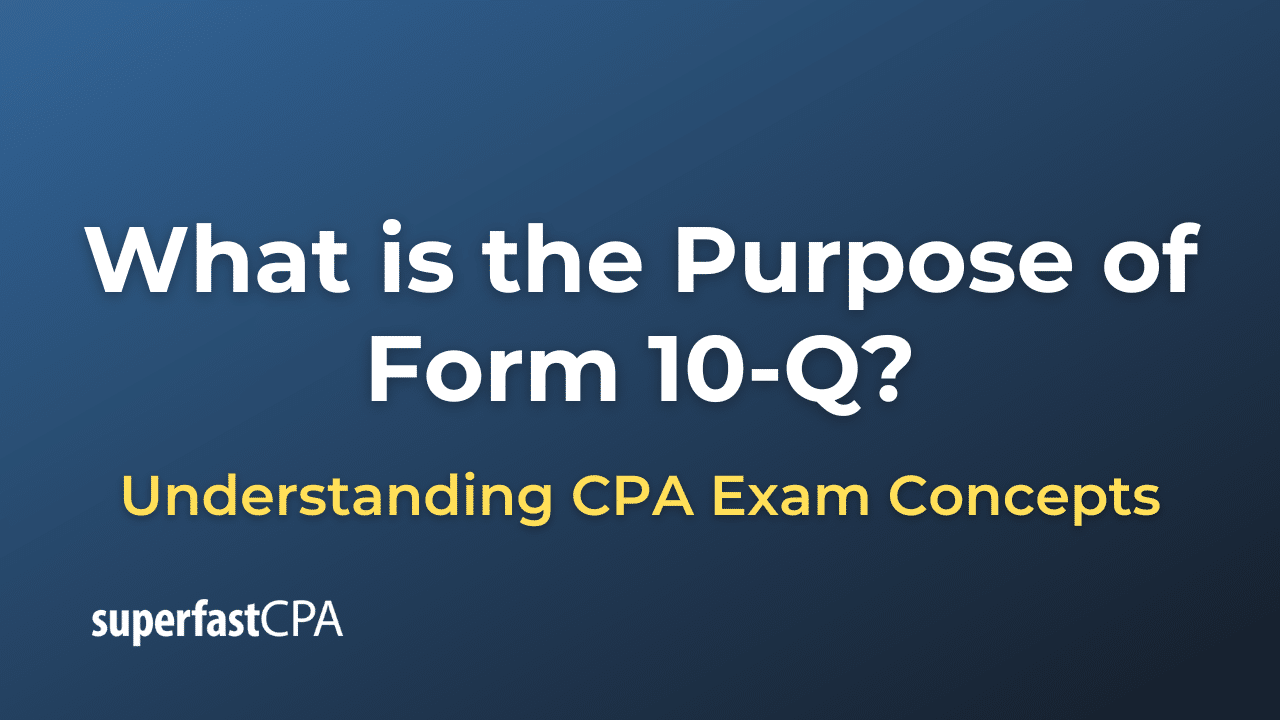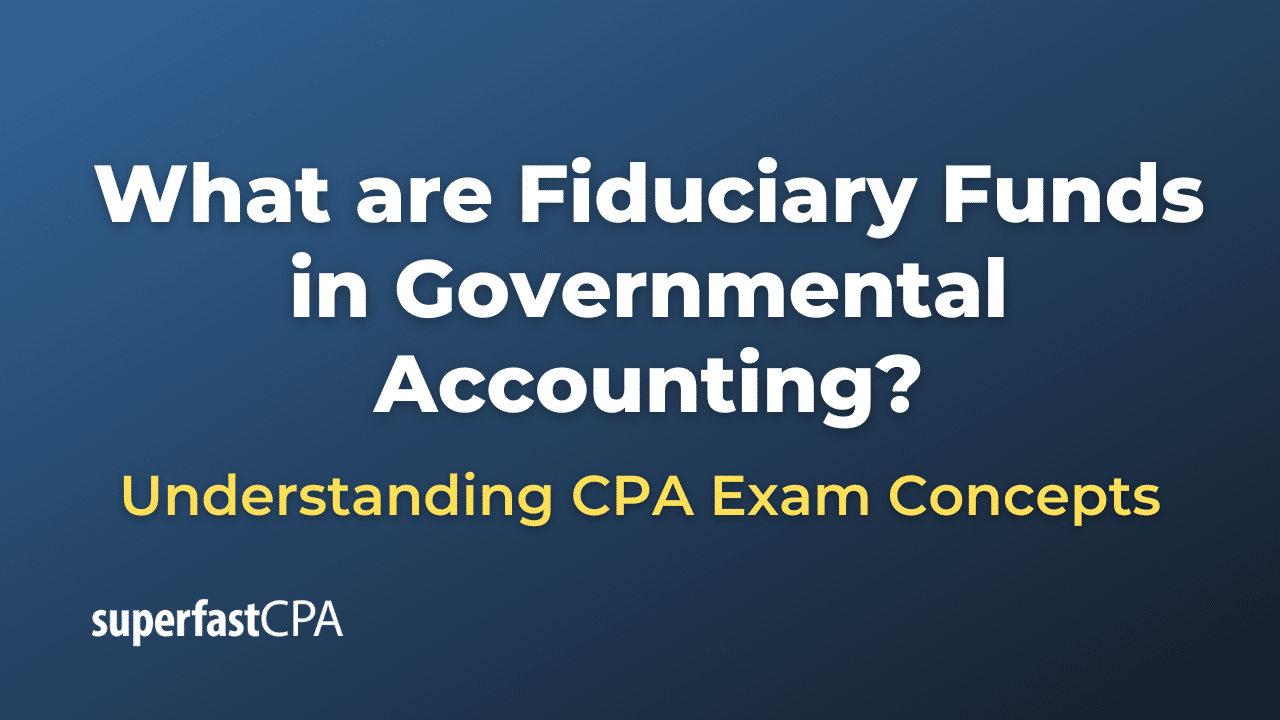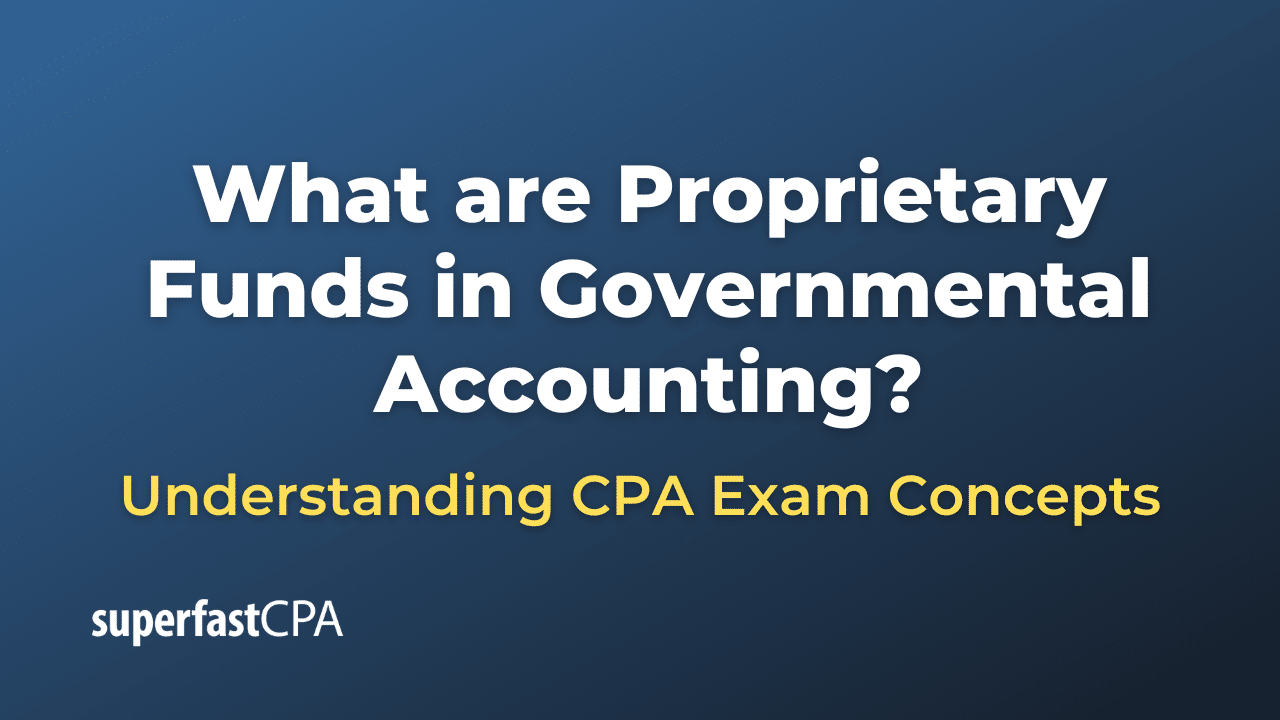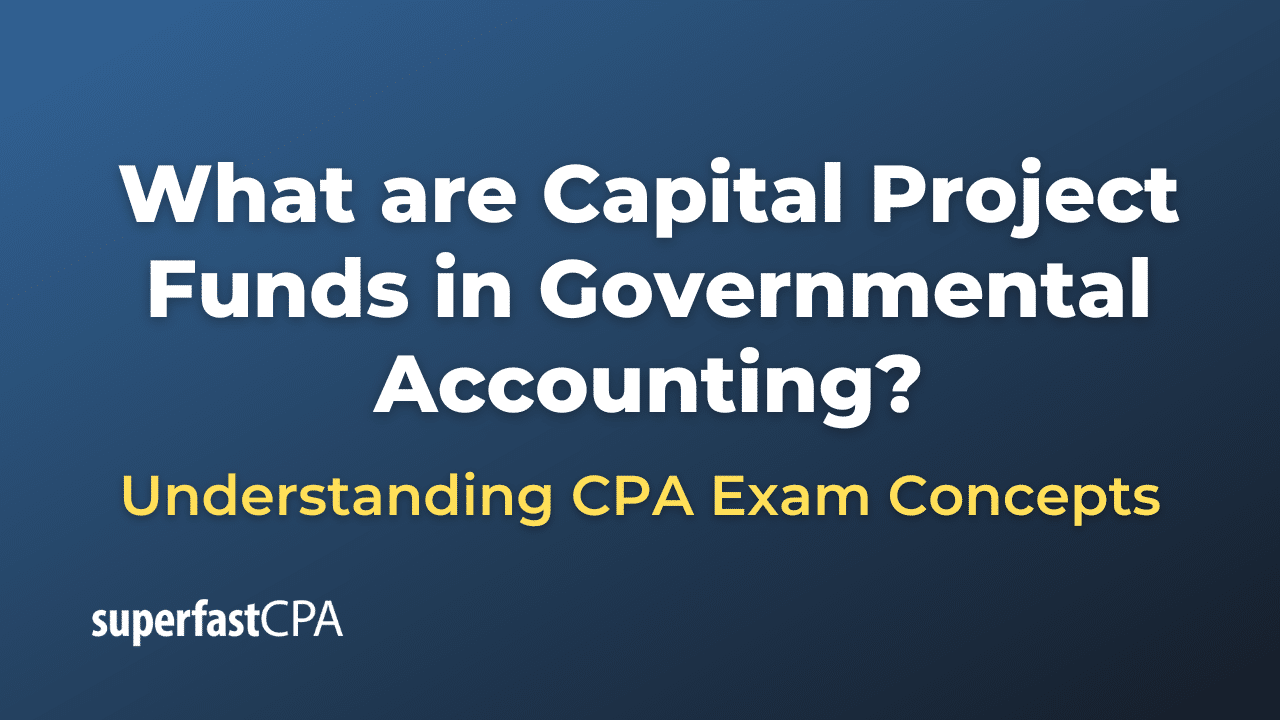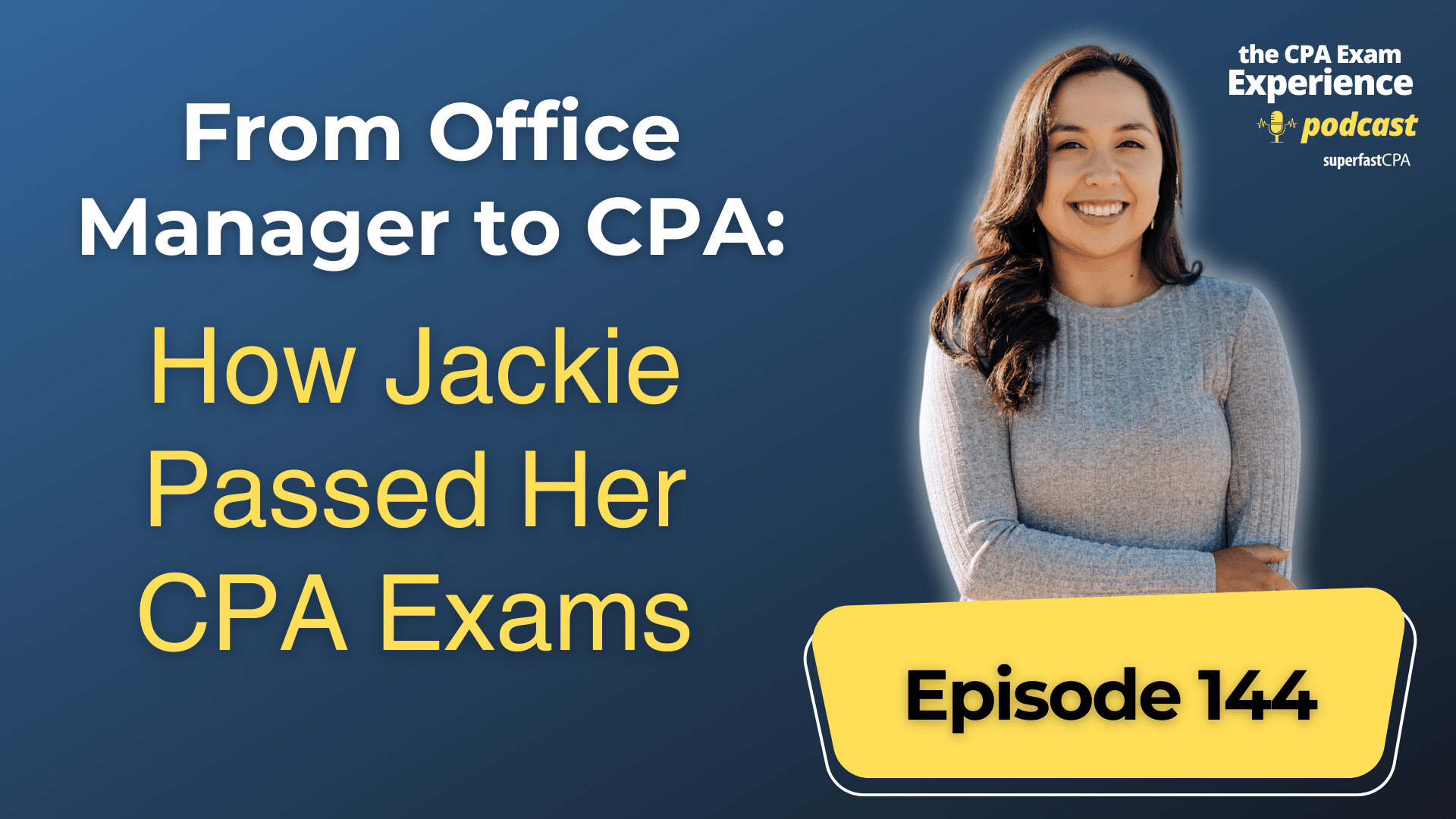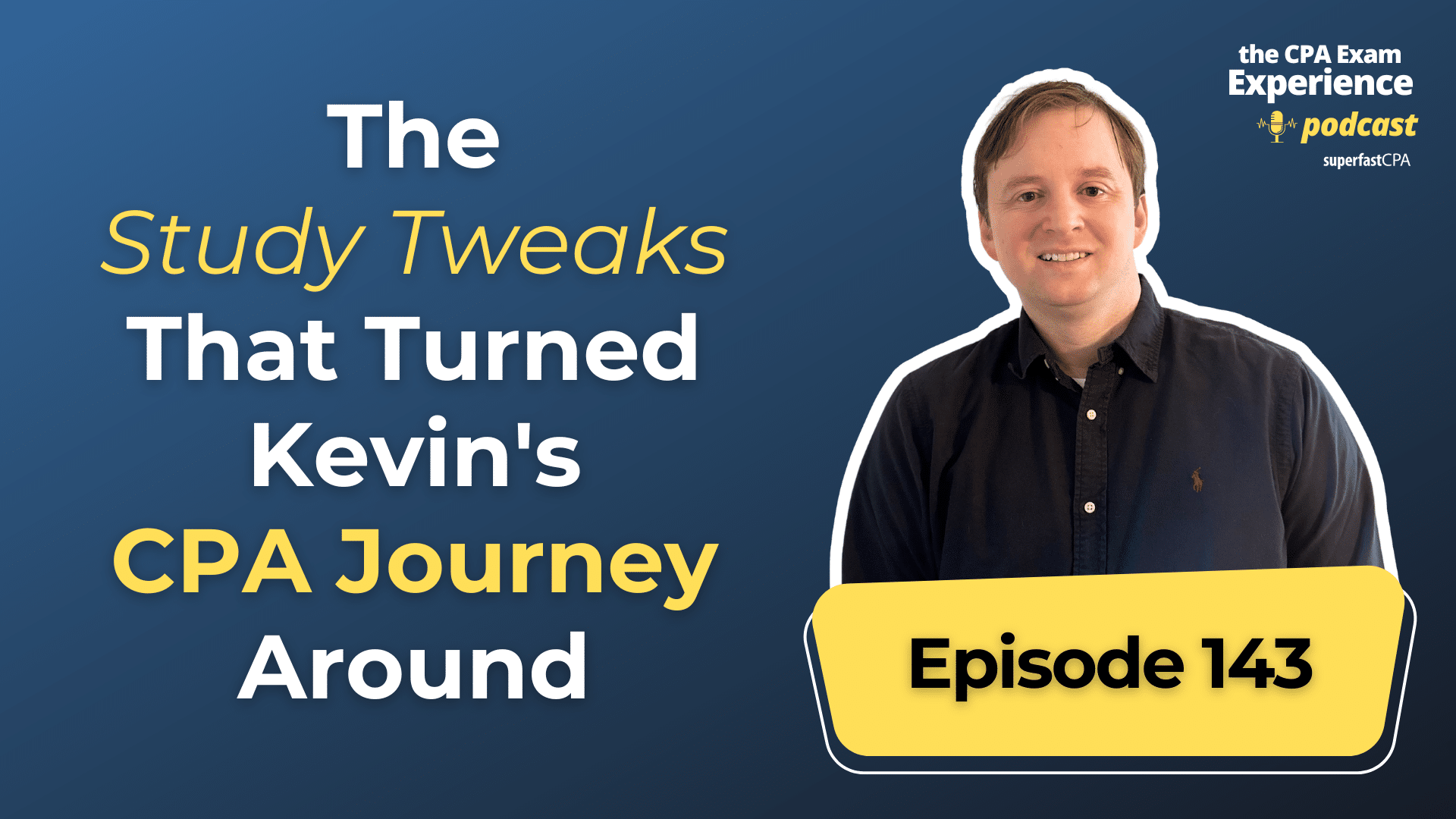Markup
A markup refers to the amount added to the cost price of goods or services to cover overheads and profit. It’s essentially the difference between the cost of producing a good or service and its selling price.
This is usually expressed as a percentage over the cost. For instance, if a product costs $50 to produce, and the selling price is $75, the markup is $25. To express this as a percentage, divide the markup by the cost, then multiply by 100: ($25 / $50) * 100 = 50%.
So, in this case, the product has been marked up by 50%.
Markups are used by businesses to cover overhead expenses (like rent, utilities, salaries, etc.) and to ensure a profit. The size of the markup can depend on various factors, including market demand, competitive landscape, the perceived value of the product, and the company’s pricing strategy. In some industries, such as luxury goods or high-end technology, markups can be significantly higher than in more commodity-focused industries.
It’s important to note that markup is different from gross margin. Markup is calculated based on the cost of the product, while gross margin is calculated based on the selling price.
Example of Markup
Suppose you own a bookstore, and you buy a particular book from a distributor for $10. This is your cost price. You decide to sell this book in your store for $15.
Here’s how you’d calculate the markup:
- Subtract your cost price from your selling price to get the markup in dollars. In this case, that’s $15 (selling price) – $10 (cost price) = $5.
- Divide the dollar markup by the cost price. So, $5 (markup) / $10 (cost price) = 0.5.
- Multiply by 100 to get the markup percentage. So, 0.5 * 100 = 50%.
So, in this case, you’ve marked up the book by 50% over your cost.
Remember, this markup needs to cover all of your business’s overhead costs, like rent, utilities, and employee wages, as well as provide a profit. So, it’s important for businesses to calculate their markup carefully to ensure they can cover all of these costs and still make a profit.


